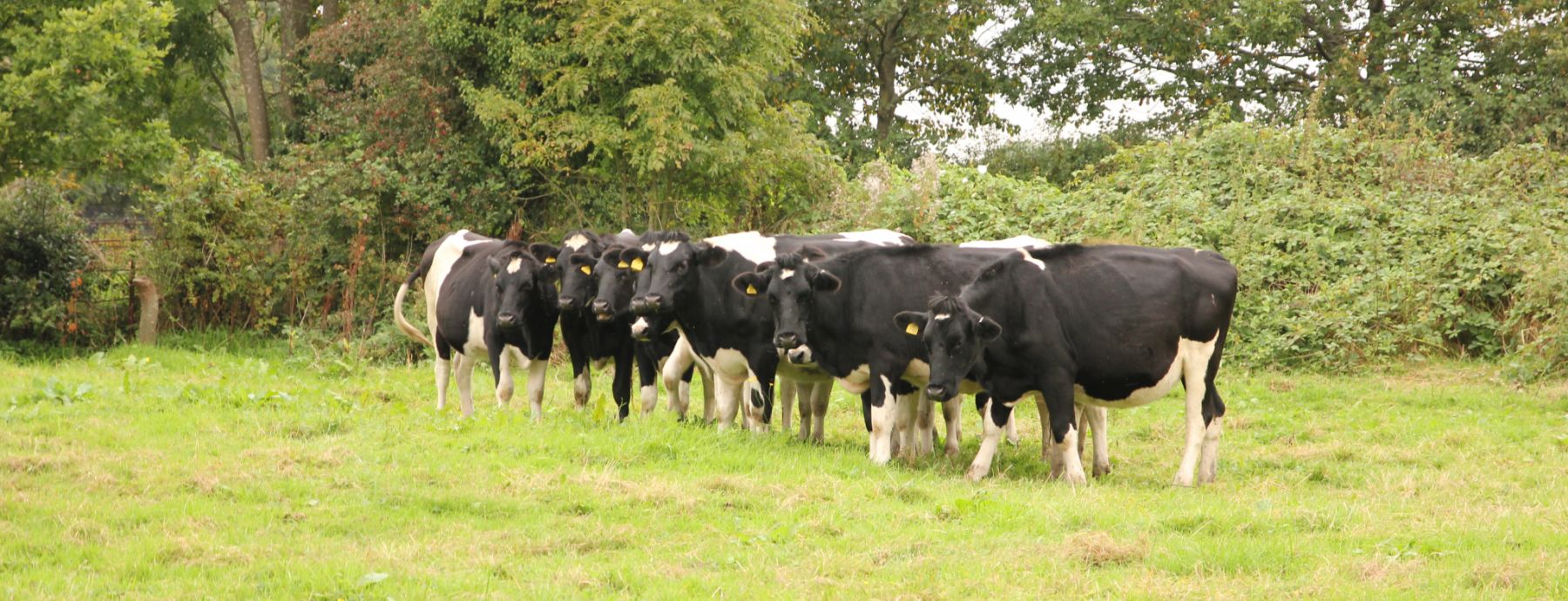Traditional disease management involves implementation of a single management strategy, chosen during the initial outbreak and which is not often adaptable based on feedback from the system. However, recent work by CIDD researchers Katriona Shea, Matthew Ferrari, and collaborators Michael Tildesley, Michael Runge, and Christopher Fonnesbeck, suggests an alternative approach, one that is adaptable to the response of an outbreak. The approach is a form of adaptive management (AM) in which real-time monitoring and carefully targeted early interventions are used to reduce uncertainty in choosing a management response. Rather than having to choose one of several models, each of which may give a different recommended response during a disease outbreak, researchers using AM can instead evaluate interventions relative to an ensemble of models to arrive at an optimal strategy, which may change depending on feedback on improving or worsening conditions. Via an explicit cost function, the AM approach outlined by Shea et al. assesses the benefits that can be gained by incorporating more information on a system to choose a more accurate model. These gains can then be weighed against the costs of delaying full implementation of control in order to learn how that control could be most efficiently applied.
In addition to outlining the theoretical basis of adaptive management, Shea and Ferrari apply the methodology to epidemiological examples in both agricultural and human public health settings. They estimate that adaptive management, and flexibility to update control strategies as new information becomes available, could have saved over 20 million pounds in livestock losses during the 2001 foot and mouth disease outbreak in British cattle and averted around 10,000 measles cases during an epidemic in Malawi.
By linking science and policy into a unified decision-making process, adaptive management techniques as outlined by Shea and Ferrari’s recent work, published in this month’s PLOS Biology, promote a closer synergy between learning and doing that can improve how we respond to complex and emerging problems.
Synopsis written by Spencer Carran.
Written By: Shea K, Tildesley MJ, Runge MC, Fonnesbeck CJ, & Ferrari MJ
Paper Url: http://www.plosbiology.org/article/info%3Adoi%2F10.1371%2Fjournal.pbio.1001970
Journal: 12(10):e1001970
Journal Reference: 12(10):e1001970
Paper Id: 10.1371/journal.pbio.1001970
